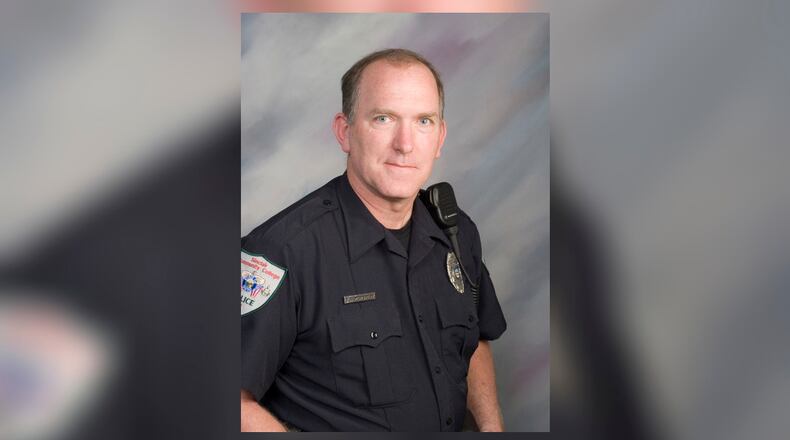Over time I had learned that if I simply suppressed my negative emotions they would reemerge at inconvenient times and places. So, I used certain songs to intentionally bring up certain emotions that I had to confront. For example, my days were often busy and loud, while my nights were quiet and lonely. To deal with missing my wife I would wait until the room that I shared with 15 other soldiers was dark and settled. Then I would listen to Nora Jones sing “Come Away With Me” on low volume in my earphones and cry. After which I would get up, wash my face, hit the latrine, say my prayers, return to my cot and importantly be able to fall asleep. I had fully embraced my homesickness and could then set it aside and move on.
Through these and other experiences I have developed a method for processing event based powerful emotions. If possible before the event I try to understand and anticipate how I might feel. During the event I attempt to recognize, fully experience, and react appropriately to my emotions (positive and negative). After the event I remember, review, and learn from the event and the emotions I experienced. Then I (try) to set the emotions aside and move on. Later I can go get them if I need them to relearn lessons or teach others from my experience.
To my brothers and sisters in the military and law enforcement, what I have described works for me. Find something that works for you. These are two professions with an appallingly high rate of self-harm. Nobody thinks a broken leg is a sign of moral weakness. No one expects an infection to be cured with determination. If you need help, get help. Take your meds. Stay with us. We need every one of you.
* The Mourning Bride, 1697 by William Congreve, full quote - “Music has Charms to soothe a savage breast, to soften Rocks, or bend a knotted Oak. I’ve read, that things inanimate have mov’d, And, as with living Souls, have been inform’d.”
Tom McMurtry, U.S. Army Special Forces (retired), currently a police officer at Sinclair Community College (part-time).
About the Author
